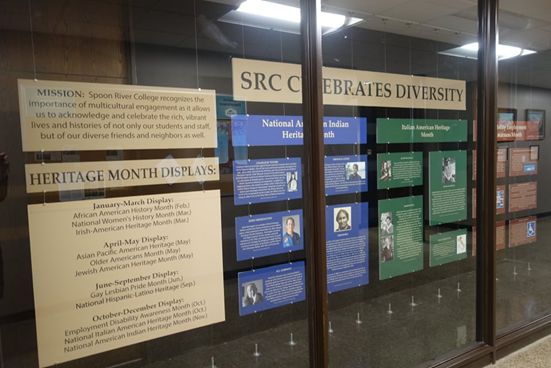Adapted from the U.S. Chamber of Commerce, the eXtension Foundation Impact Collaborative, and SRC Sociology Instructor Michael Maher:
Diversity involves all of the ways that humans differ from one another, typically involving “race, gender, religion, sexual orientation, ethnicity, nationality, socioeconomic status, language, (dis)ability, age, religious commitment or political perspective.”
Equity seeks to promote “justice, impartiality, and fairness within the procedure, processes, and distribution of resources by institutions or systems.” It is important to note the distinction between equity and equality. To treat everyone the same, i.e., equally, within a society with so much existing inequality assumes that personal merit, skill, and work ethic alone can overcome our history and unequal opportunity structures. However, what research indicates is that without affirmative actions to address inequality of opportunity, discriminatory patterns will not only persist but intensify. Equity is not about ensuring an equal outcome; equity is a commitment to level the playing field, to provide opportunities to people who have been historically marginalized and who lack resources.
Inclusion ensures that participants representing a range of diverse backgrounds are welcome and encouraged to pull a seat up to the table. This approach enables everyone to have “the power to weigh in on important decisions and participate in development opportunities.”


